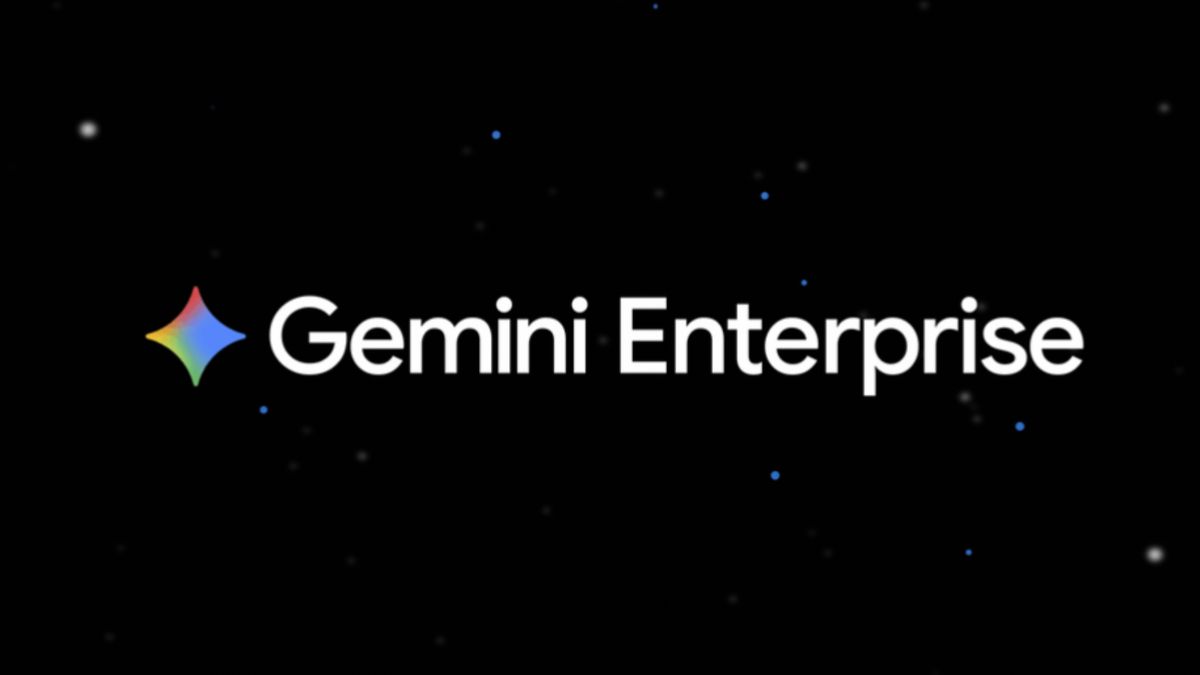Necessary Always Active
Necessary cookies are required to enable the basic features of this site, such as providing secure log-in or adjusting your consent preferences. These cookies do not store any personally identifiable data.
|
||||||
|
||||||
|
||||||
|

In Focus
Google has launched Gemini Enterprise, an AI-powered platform designed to bring Google AI to every workflow. According to Yahoo Finance, Google takes on Microsoft’s 365 Copilot with Gemini Enterprise as it monetizes its AI investment.
According to the tech giant, subscribers will be able to integrate Gemini Enterprise with existing data sources. These include Microsoft 365, Google Workspace, SAP, and Salesforce. Users can keep tabs of AI agents and even audit them to ensure they work as expected and utilize the right data.
“What we’re doing is bringing AI to every user by providing them a single front door through which they can chat with all of their enterprise data, search for information, and use agents to do a variety of tasks on their behalf,” Google Cloud CEO Thomas Kurian said.
Google says large companies, including telcos, consulting, software and hospitality firms are already using Gemini Enterprise in different ways. Some use it to boost team productivity while others use it to improve customer service.
What Features Come With a Gemini Subscription?
Gemini subscriptions come with various features including:
According to Google, Gemini AI models provide the foundation for these features. “You need a super-powerful large language model that forms the brains, or the nervous system, of how you interact with your enterprise systems using a large language model. And that is Gemini,” Kurian said.
Using the Model Armor, subscribers can inspect and block responses and requests in AI chats. Google’s AI workbench for business, on the other hand, enables users to coordinate AI agents and automate specific tasks. Google’s taskforce feature included pre-built agents that customers can leverage to perform heavy tasks like conducting deep research on topics of their choice.
Google targets large businesses with Gemini Enterprise Standard and Plus editions starting $30 per person per month. The Gemini Business plan, which targets smaller businesses or individuals, is priced at $21 per person per month. With these offerings, employees can develop AI agents that analyze data from a single location.
“Google Cloud is uniquely positioned because we offer all the layers of technology that people need in order to use enterprise AI at scale. Starting at the foundation, we offer infrastructure, both GPUs, as well as our own [tensor processing units], and Gemini is optimized on this stack to give you great performance, great quality, [and] low latency,” Kurian added.
Top Highlights of Google’s Gemini Enterprise:
Google will be competing with other tech giants in the productivity industry. OpenAI and Microsoft are among the top competitors. OpenAI offers ChatGPT enterprise plans that enable employees to to search, analyze and organize data using the chat bot. Another AI startup, Anthropic also offers a similar service with its Claude bot.
Microsoft offers a suite of AI-based tools, allowing customers to chat with its Copilot bot to organize and search corporate data. In July 2025, Microsoft Edge launched AI-powered ‘Copilot Mode’ to reinvent web browsing.
But Google views the introduction of Gemini Enterprise as critical in its efforts to expand Google Cloud business. This unit has registered more than 22% year-over-year revenue growth since the third quarter of 2023. Google’s cloud business revenue growth jumped 35% in the Q3 of 2024. The revenue is expected to reach $14.7 billion in Q3 2025.
In August 2025, Google signed a cloud service deal worth over $10 billion with Meta, paving the way for the social media giant to use Google Cloud’s storage, servers, and networking services. Despite the steady growth, Microsoft’s cloud business generates higher revenue than Google. In its 2025 fourth quarter, the software giant generated $46.7 billion from its cloud offerings.